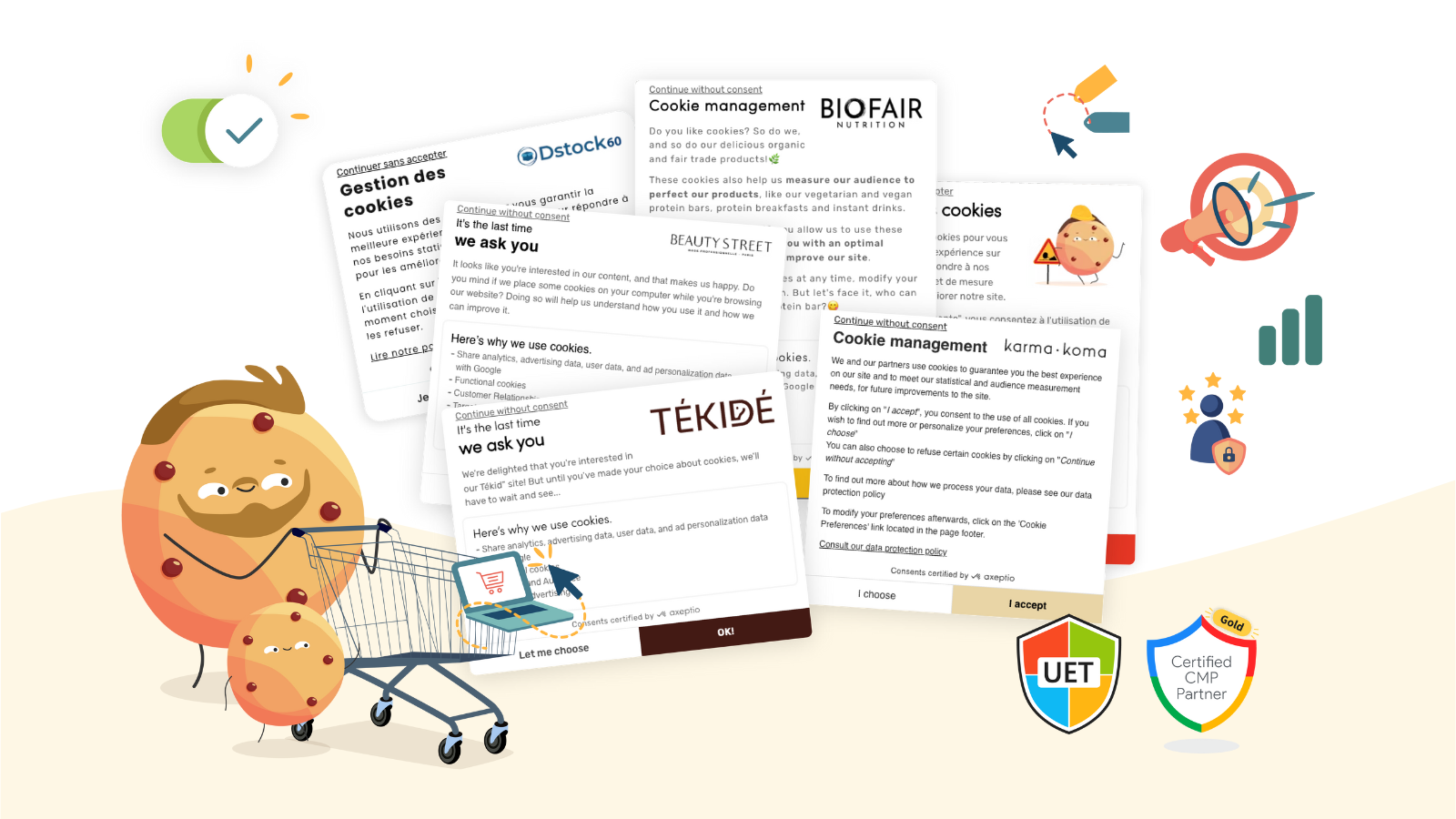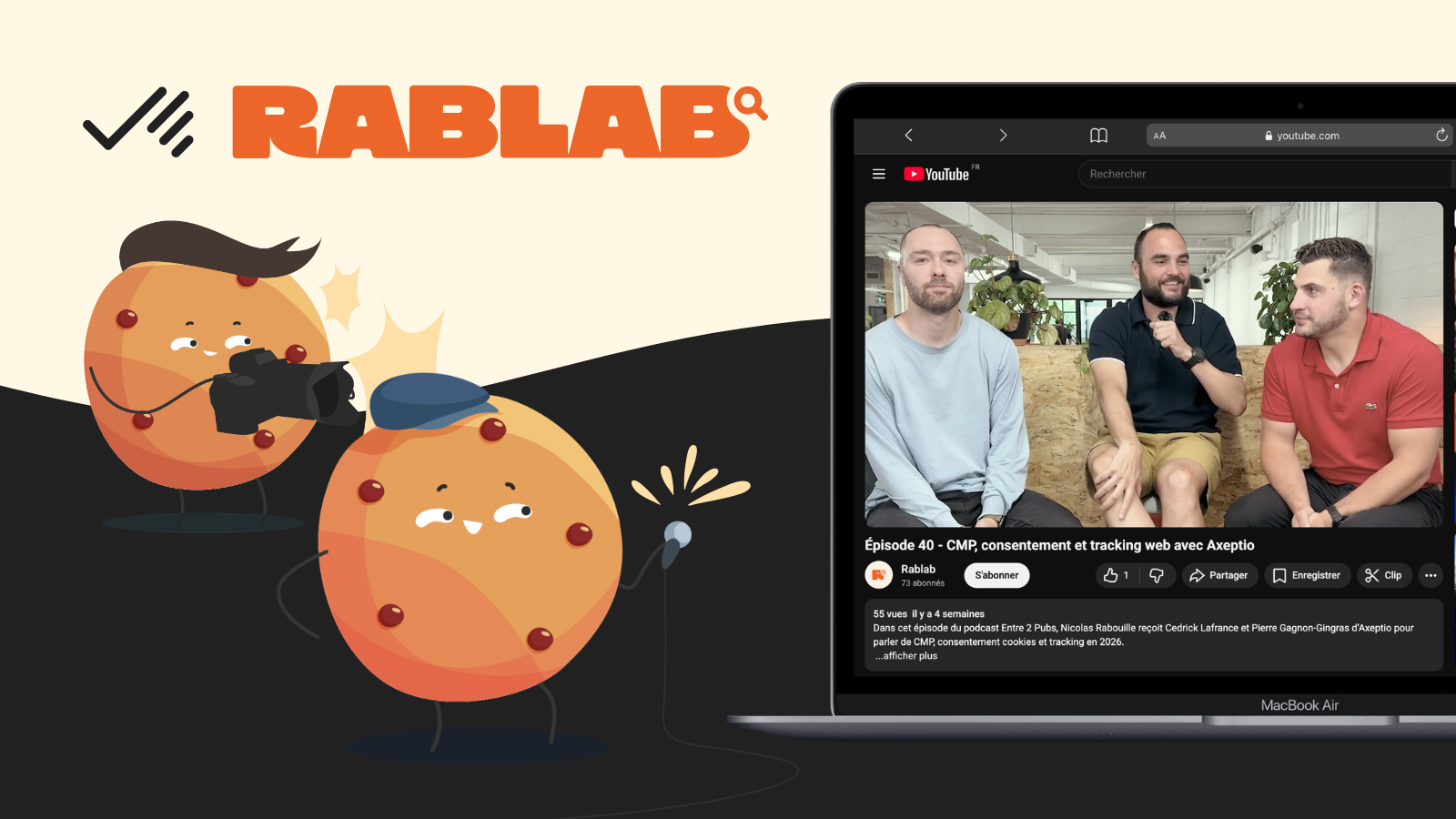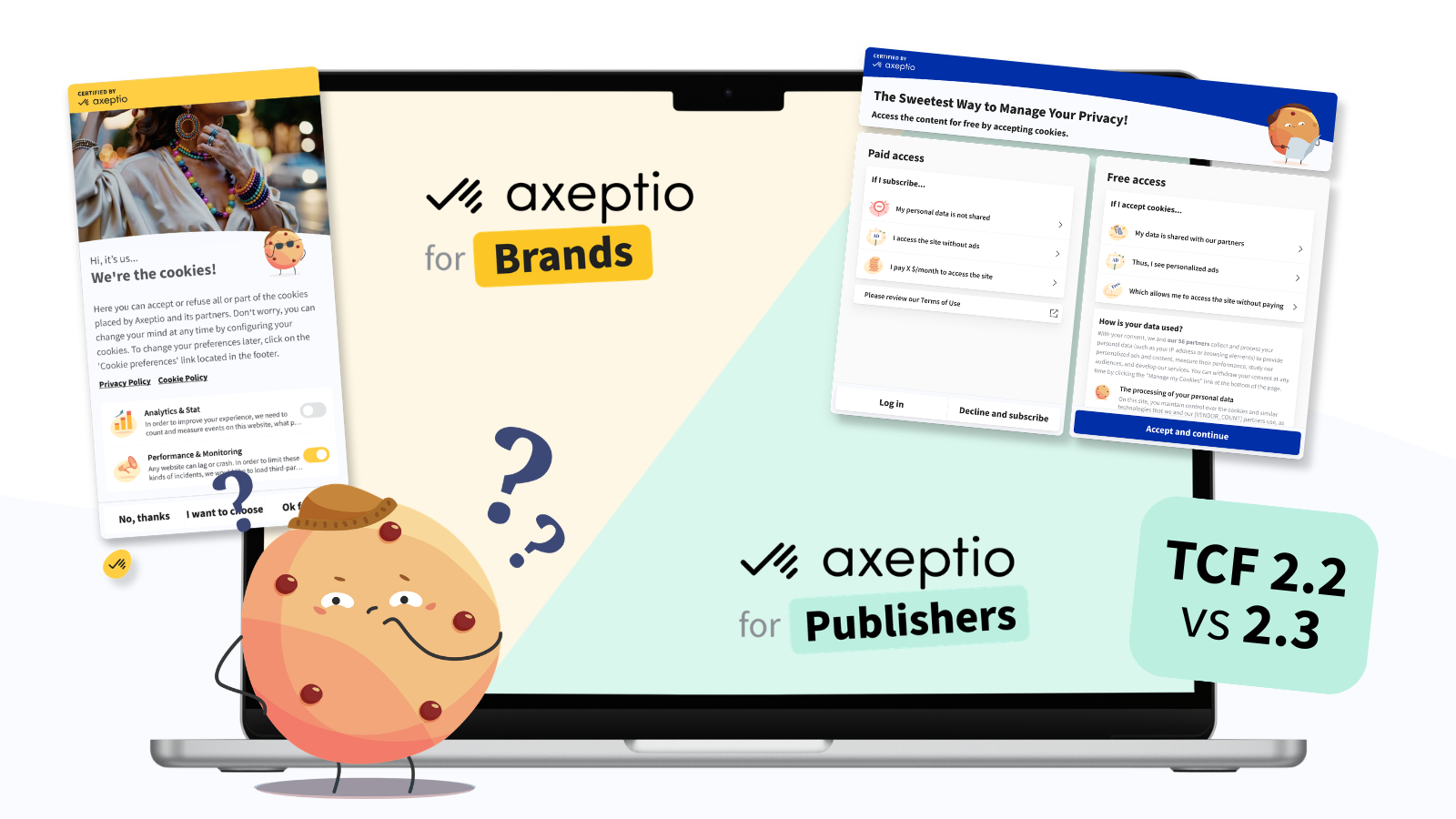Smart-home specialist Netatmo builds premium products where design and user privacy are considered from the start. To make sure its website reflects that same promise and to combine regulatory compliance with operational simplicity and agility, the company adopted Axeptio. In this case study, Vincent Nicolas (Head of Web Development) and Étienne Foussat (Lead Web Tech) explain the thinking behind the switch, the technical choices made during rollout, and what early performance data is already telling the teams about their e-commerce funnel.

A connected home built around privacy
Since 2012 Netatmo has stood out in the smart-home market by following four guiding principles: durable design, privacy, usefulness and reliability, and a non-intrusive approach to notifications.
Alongside its consumer ranges, the with Netatmo programme lets the company co-develop intelligent solutions with major players in the building sector. Joining the Legrand Group in 2018 further reinforced Netatmo’s international reach.
Our product identity — premium, international and respectful of the user — shaped how we wanted to handle consent on our website. The online experience had to live up to that promise.
Vincent Nicolas Head of Web Development, Netatmo

From a homegrown banner to professional CMP expertise
When GDPR first landed, Netatmo built an in-house consent banner and pop-up to meet the new rules quickly. The solution worked, but maintenance soon became a drain: translating content, keeping up with legal updates, and onboarding new technical partners required constant attention. With no dedicated legal resource focused exclusively on the CMP, every change meant extra checks and delays.
Turning to a specialist provider such as Axeptio emerged as the sensible choice: it freed internal teams of routine upkeep while ensuring the company stayed aligned with evolving regulations.
Vendor library, GTM integration and multilingual management: some decisive technical criteria
Netatmo’s brief was pragmatic and specific.
“When we chose Axeptio, our priority was to stop carrying the day-to-day technical and legal maintenance ourselves. The ready-made vendor library lets us plug in new partners without rewriting code. The back office is intuitive so non-technical teams can manage settings, and integrating via Google Tag Manager keeps deployments straightforward.” — Vincent Nicolas, Head of Web Development, Netatmo
Multilingual capability was another deal-breaker. Netatmo now runs twelve regional and language configurations — French, English, German, Italian, Spanish, Dutch, Portuguese, plus French variants for Quebec and Switzerland, and English variants for Canada, the UK and the US.
Managing all of those from a single back office, while respecting local frameworks (GDPR, Switzerland’s nLPD, Quebec’s Law 25 and the CCPA), has materially simplified daily operations.
A widget that matches Netatmo’s brand and user experience
Customisation focused on two goals: keeping consent non-intrusive, and making the widget feel like part of Netatmo’s visual and interaction language.
Practically, the banner appears five seconds after page load so it doesn’t interrupt the immediate browsing experience. Including Netatmo’s logo in the widget reassures users that they remain within the brand environment.
To offset the delayed appearance and boost interaction, Axeptio’s Customer Success Manager, Marion Philipps, suggested a subtle drop shadow, a visual cue that draws the eye without blocking content.
Options are presented on equal footing — “Accept all”, “Customise”, “Refuse all” — in line with CNIL guidance on neutral choice architecture. Purpose copy was rewritten for clarity, key phrases bolded for quick scanning, and a touch of Netatmo orange applied so the widget blends with the site’s identity.

The CMP as a lever to optimise the customer journey
The balance between a discreet consent step and a brand-aligned banner has already produced usable KPIs: on desktop, interaction rates reached 70% over the last 30 days and the overall consent rate sits at 68%.
Market-by-market breakdowns reveal the role of regulation: in Portugal, governed by the GDPR, Netatmo records a 78% consent rate with an opt-in above 50%. In the US (with CCPA mode), where cookies can be triggered on arrival and the pattern is opt-out by default, the consent indicator sits at 100%.
These opt-in metrics are essential: they let us analyze the conversion funnel and identify which pages need work to improve visitors’ experience. Now that the solution is fully embedded, we can focus on refining CMP content, run seasonal tests around high points like Black Friday, and enter a continuous improvement loop with Axeptio.
Étienne Foussat Lead Web Tech, Netatmo

The aim is not merely to nudge numbers upward for their own sake, but to unlock more personalised, relevant journeys for customers: better product recommendations, smoother checkout flows, and a web experience that remains true to Netatmo’s founding values.
Just like Netatmo, would you like support in managing consent and user experience?






